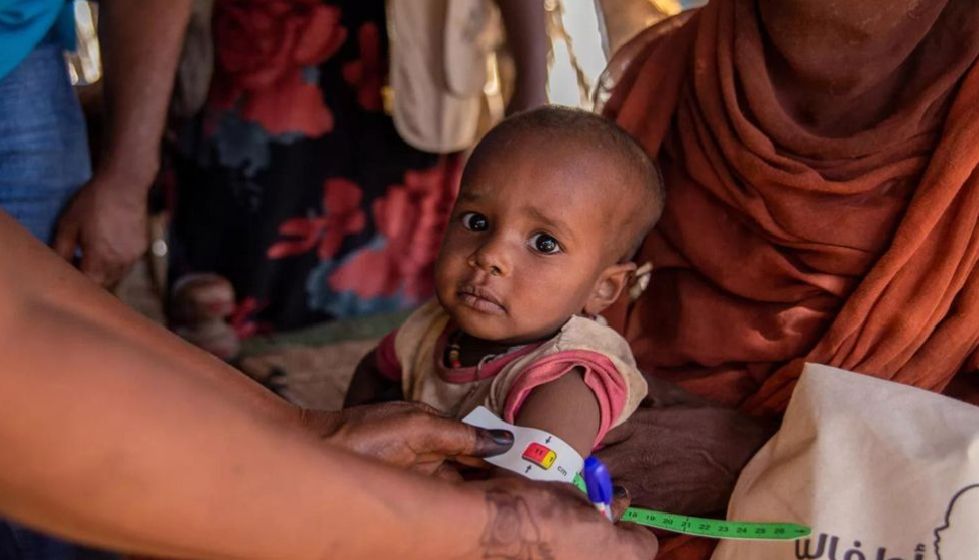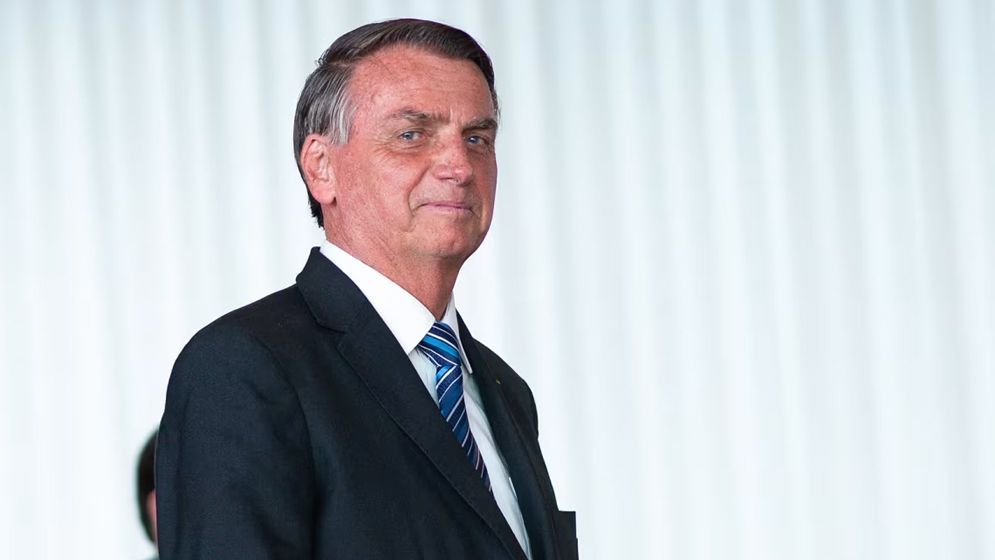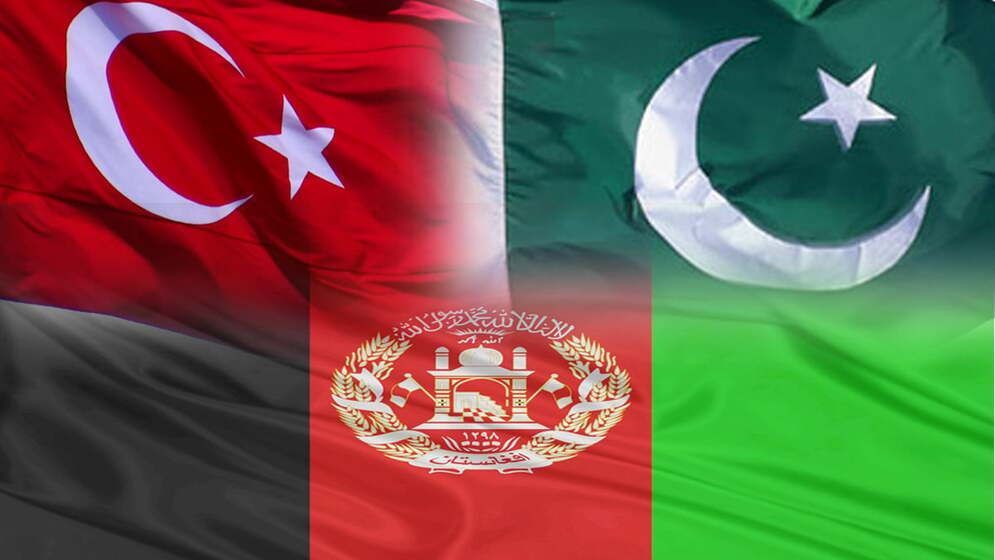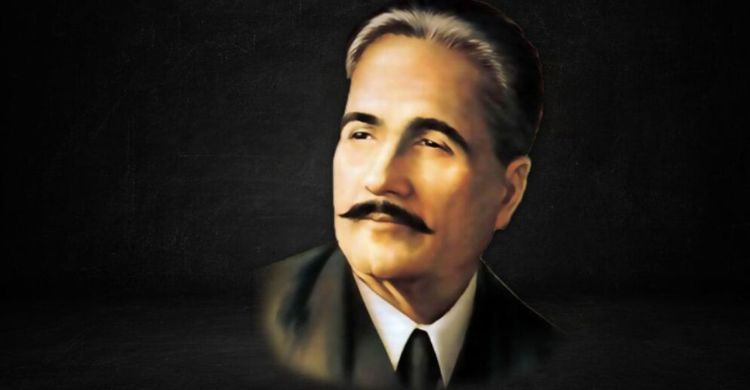
- আন্তর্জাতিক
Looking Back: Allama Iqbal, whose philosophy remains relevant today
- আন্তর্জাতিক
Looking Back: Allama Iqbal, whose philosophy remains relevant
Allama Muhammad Iqbal, poet, philosopher, jurist, and one of the most original Muslim thinkers of the 20th century, continues to be a guiding light for nations seeking moral and economic revival. For Iqbal, progress was never just material achievement; it was about human potential and collective dignity.
He viewed poverty not only as economic deprivation but also as a mental state, one that undermines confidence, stifles creativity, and weakens the human spirit. In his early economic work, Ilm-ul-Iqtisad, Iqbal argued that true economic strength is based on intellectual courage and moral purpose. He believed that a nation losing faith in its capacity for exploration and creative mission was bound to decline. Even today, Pakistan’s crises echo this warning the challenges are both economic and civilizational.
Currently, Pakistan faces debt pressures, low productivity, and institutional stagnation, but the greatest challenge is lothe ss of confidence. With one of the world’s largest youth populations (140 million), the nation is caught between aspiration and confusion. Overcoming this requires a return to Iqbal’s philosophy of ‘Khudi’, where self-discipline, responsibility, and moral independence form the foundation of creative individuals—the key to progress.
Khudi is not arrogance; it is self-respect and self-transformation, a principle where individuals believe they can shape their own destiny through perseverance, courage, and conviction.
Iqbal’s genius lay in engaging with Western philosophy without losing his own identity. He drew on Kant for moral freedom, Nietzsche for courage to face life, and Bergson for creative evolution, but critically integrated these into an Islamic spiritual and humanistic framework, creating a unique philosophy.
For Pakistan today, this mindset is crucial, not bound by rigid traditions, nor blindly copying foreign models. The path must be moral, evidence-based, forward-looking, and aligned with local realities.
This thinking underpins initiatives like ‘Udaan Pakistan’, which focuses on human-centered development, training youth with future-ready skills, building a digital and innovation-driven economy, making institutions effective and empathetic, and promoting justice, sustainable development, and inclusivity. The core message: economic revival and moral renewal are inseparable.
Iqbal’s symbol of the ‘Shaheen’ (eagle) is especially meaningful for Pakistan. Beyond poetry, the Shaheen represents independent thought, strong will, curiosity, discipline, and dignity. As he wrote in Bal-e-Jibril:
"You are a Shaheen; your mission is to fly.
Beyond the sky, there is more sky for you."
With one of the largest young populations globally, Pakistan must channel their energy through knowledge, skills, and purpose to compete in a knowledge-driven world. Iqbal believed a nation’s destiny is determined by its capacity for knowledge. In Reconstruction of Religious Thought in Islam, he showed that Islam is dynamic, rational, and forward-looking, encouraging inquiry, reflection, and innovation.
Yet, he also warned of the decline of scientific thinking in the Muslim world, lamenting the loss of intellectual vigor and curiosity.
Iqbal emphasized that new ideas create new worlds, not mere material accumulation. This insight inspires initiatives like Udaan Pakistan, investing in AI, biotechnology, knowledge economy, research universities, digital governance, education, and innovation-based industries.
For Iqbal, the path to revival is knowledge-seeking, and the source of strength is love for the Prophet Muhammad (PBUH). Intellectual and spiritual confidence arises from this love, guiding moral and social life in alignment with justice, knowledge, compassion, courage, and service.
He urged the revival of ijtihad (independent reasoning), integration of science and spirituality, and the creation of societies that are moral, knowledge-driven, and future-oriented. Economic freedom begins with intellectual independence the belief in one’s ability to think, innovate, and build.
Iqbal envisioned a state founded on justice and compassion, not mere religiosity, transforming Pakistan from a colonial, control-focused system to a performance-driven, tech-enabled, citizen-centered state, requiring transparent administration, merit-based institutions, data-driven planning, accountability, and policy consistency.
Ultimately, Pakistan’s progress should be measured not by GDP, but by faith, character, and unity. Revival begins with restoring Khudi, reigniting the fire of knowledge-seeking, embracing the Shaheen spirit, and drawing strength from love for the Prophet (PBUH).
Iqbal’s timeless call remains:
"Rise. Work. Reclaim the ownership of tomorrow."
Author: Ahsan Iqbal, Federal Minister for Planning, Development & Special Initiatives, Pakistan. Originally published in Geo News.


















মন্তব্য (০)